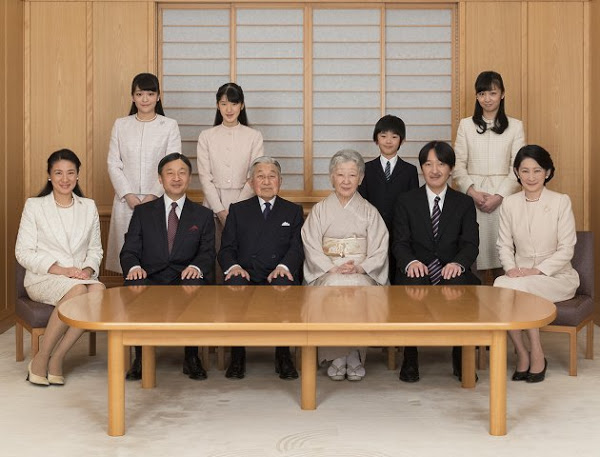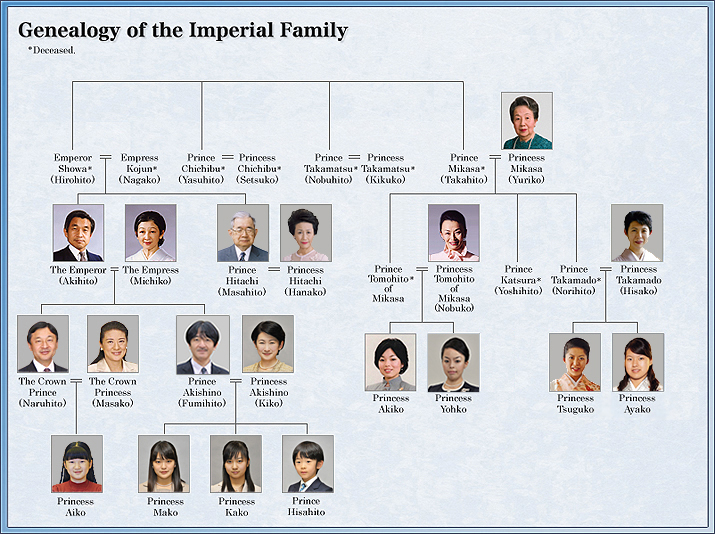The Japanese cabinet passed a bill on Friday allowing Emperor Akihito to abdicate due to old age, international media reported. This is the first time a monarch has done so in Japan in two centuries. The 83-year-old emperor stated last year due to his age and health issues it is hard for him to fulfil the official royal duties. There is no provision under existing law for Emperor to abdicate and be succeeded by Crown Prince Naruhito. The bill is expected to be scrutinized by the parliament later today.
Emperor Akihito was born in Tokyo on 23 December 1933, as the first son of Emperor Showa and Empress Kojun. He has four elder sisters, one younger brother and one younger sister. On 7 January 1989, upon the demise of Emperor Hirohito, Emperor Akihito acceded to the throne as the 125th Emperor of Japan. As stated in the Constitution of Japan, the Emperor is "the symbol of the State and of the unity of the people". Emperor and Empress Michiko have three children: Prince Naruhito, Prince Fumihito and Princess Sayako.
It was reported that on abdication, Crown Prince Naruhito would immediately take the Chrysanthemum Throne. As women are not allowed to inherit the throne, Princess Aiko, the daughter of Crown Prince Naruhito, will not succeed her father. Prince Akishino and his son Prince Hisahito are currently second and third in line to the Chrysanthemum Throne. The government is yet to set the date for the abdication, which is expected to be in December 2018.





